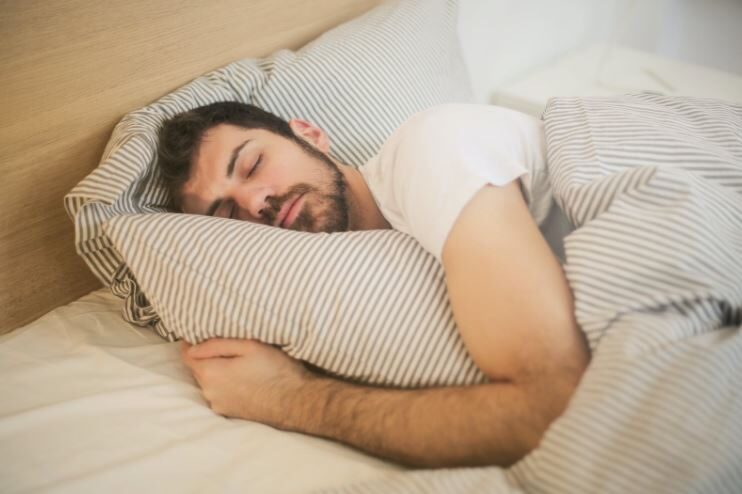How often do you wake up from bed feeling grumpy, unhappy, sluggish, or with one body pain or another? How often do you burn the midnight oil either to finish some office work, school work, or perhaps just stay up to watch movies? Do you prefer to wake up at night and sneak into the kitchen to enjoy some ice cream? Or do you find yourself waking up every few minutes to dash off to the bathroom during sleep time? If you can relate in any way to any of the questions above, then you might want to read on to see if you have some everyday sleep habits that may be adversely affecting your health.
- Not getting enough hours of uninterrupted sleep
Health experts recommend getting at least seven to eight hours of uninterrupted sleep every night. Failing to give your body this much rest can cause you to feel tired, sluggish, and even fatigued or stressed out during the day. If you’re constantly under stress, you experience physical symptoms like headaches, chest pains, high blood pressure, to mention a few.
If you have health issues or certain sleep disorders like sleep apnea make it difficult for you to get the number of uninterrupted sleep your body needs at night, you can rely on sleeping aids and respiratory devices. However, you need to ensure that you’re not using ones that can cause you respiratory issues. You can visit www.rosenfeldinjurylawyers.com/cpap-lawsuit.html to learn more about people injured by respiratory devices and how to get the necessary legal redress if you’ve also suffered any injury or health issue from using such devices.
- Sleeping in the wrong position
Your sleep position can affect your health in several ways. Poor sleeping posture can cause chronic back pain or make you highly likely to snore. A wrong sleeping position can also obstruct the airways leading to your lungs, leading to issues like obstructive sleep apnea. Some research even suggests that sleeping the wiring positions may cause toxins to filter out of your brain even more slowly than usual. As mentioned, you can use some sound sleep aids and respiratory devices to help you sleep if you struggle with sleep apnea.
- Sleeping too close to your phone
You spend a lot of time browsing the internet, checking your different social media ages, calling your friends on video calls, watching videos, and so on. So it makes sense that you’ll place your phone next to you while you try to grab some sleep. But even with significant upgrades in recent phone technology, many mobile phones can still cause radiation.
Radiation from mobile phones can make it very difficult to sleep early and even enjoy long hours of quality sleep time. Your smartphone emits blue light, which can affect both your brain and your vision. This blue light can suppress your body’s melatonin levels and cause you to struggle to sleep.
Melatonin is a natural hormone the body produces, responsible for controlling your sleep and waking cycle. Once your phone’s radiation and blue light mess up your body’s melatonin production, you might find sleep tough to come by.
- Going to bed with the central heating still on
It can be pretty tempting to want to go to bed with your central heating system still on if the weather is cold. But you could end up tossing and turning in your bed in an attempt to endure yet another uncomfortable night. Various studies have shown that falling asleep with your heating system still on can cause your body to overheat even more quickly. This can also affect your brain.
Instead of going to bed with your central heating system still on, experts suggest that you sleep in a slightly cooler room. Not only will this help you sleep faster, but it will also ensure that your brain’s temperature is lower than that of the rest of your body.
- Not getting enough sleep can affect your weight
Stress can also affect your weight, as studies have revealed that the stress hormone called cortisol rises during stress-filled moments. Many people resort to overindulging in “comfort foods” as a way to cope with stressful moments. This quickly leads to unhealthy weight gain issues. An increased hormonal level can raise insulin levels, your body’s blood sugar level can drop, causing you to crave sugary foods. This can lead to bad eating habits when left unchecked.
Sleep plays a significant role in living a good and healthy life. By changing your bad sleep habits, you would see a positive change in your health.
Main Image Credit

